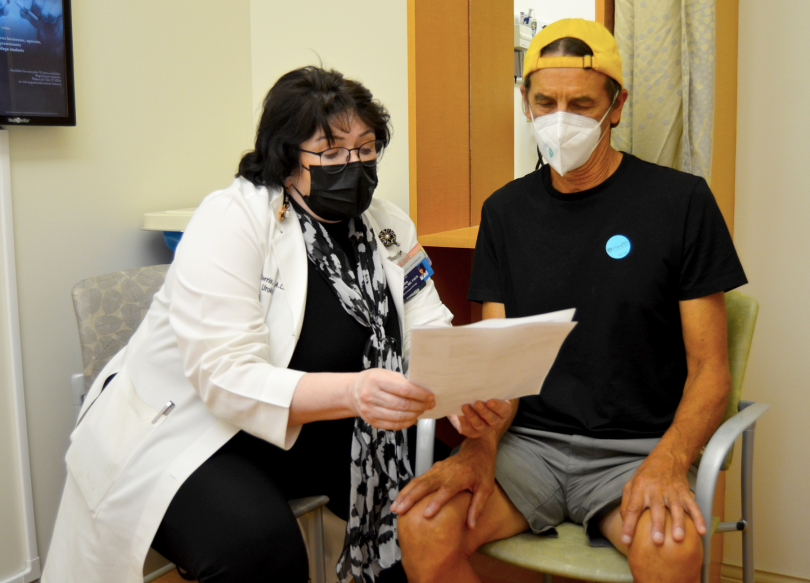Augusta University Medical Center issued the following announcement on Sept. 20.
While prostate cancer can begin as a tiny tumor inside the body, keeping up with your regularly scheduled screenings are key to make sure a small problem does not turn into a big surgery later in life.
While prostate cancer can begin as a tiny tumor inside the body, keeping up with your regularly scheduled screenings are key to make sure a small problem does not turn into a big surgery later in life.
“Just like other forms of cancer, prostate cancer is going to grow slowly when it wants to and quickly when it wants to,” said Dr. Martha Terris, chief of urology at Augusta University Health and Witherington Distinguished Chair of Urology in the Medical College of Georgia. “Just because the statistics say one thing, that doesn’t mean you’re going to be just another statistic.”
Prostate cancer is most common form of cancer diagnosed in men and it is the third most common form of death from cancer, according to the National Cancer Institute (NCI). While prostate cancer may not be top of mind for younger men, it is important to remember that your risk of developing the disease increases as you age.The American Cancer Society recommends men with an average risk of developing prostate cancer beginning their screening at the age of 50. But, the age you should begin your screening could be earlier depending on your race and any family history of prostate cancer.
“The screening involves a blood test to check the prostate-specific antigen (PSA) level,” Terris said. “If a patient misses his prostate cancer follow-up, all it takes is one phone call to make that appointment. My team understands a patient’s work deadlines, family situations and transportation problems that cannot be avoided. But, we want to get you in to be seen as soon as patients are able.”
A study published in the Medical Journal of Australia in 2018 found most men do not follow the proper guidelines after being diagnosed with prostate cancer. Out of more than 1,600 men who participated in the study over six years, only 433 of them followed the proper guidelines and received a follow-up biopsy and three prostate-specific antigen (PSA) blood tests within two years. During the COVID-19 pandemic, Terris and her fellow urologic oncologists have seen many patients virtually through telehealth systems to make sure those patients do not miss their follow-up appointments.
“My message to men is that when you are told your prostate cancer does not look very aggressive and we can just watch it, that does not mean you can ignore it,” Terris said. “If you don’t watch it, your tumor may be the one that’s not the benign-acting, slow-growing kind.”
Original source can be found here.

Source: Augusta University Medical Center



 Alerts Sign-up
Alerts Sign-up